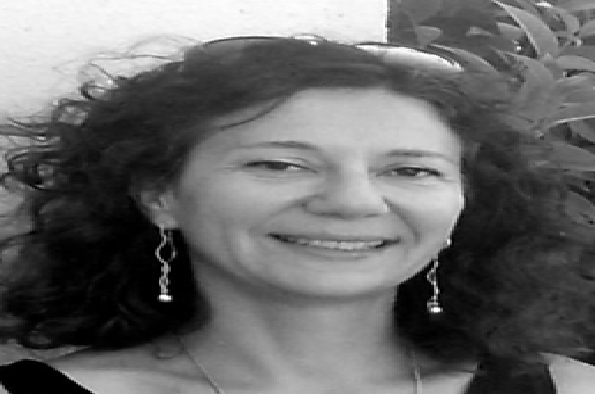
Mireille Ansaldi (Laboratoire de Chimie Bactérienne, Institut de Microbiologie de la Méditerranée, CNRS, Aix-Marseille Université) - Nitric-oxide controls phage-mediated horizontal gene transfer in Enterobacteria ¬
- Kelly Welburn
- Suitable for: Anyone with an interest in Behaviour, Evolution, Ecology and Microbiology
- Admission: Free
Add this event to my calendar
Click on "Create a calendar file" and your browser will download a .ics file for this event.
Microsoft Outlook: Download the file, double-click it to open it in Outlook, then click on "Save & Close" to save it to your calendar. If that doesn't work go into Outlook, click on the File tab, then on Open & Export, then Open Calendar. Select your .ics file then click on "Save & Close".
Google Calendar: download the file, then go into your calendar. On the left where it says "Other calendars" click on the arrow icon and then click on Import calendar. Click on Browse and select the .ics file, then click on Import.
Apple Calendar: The file may open automatically with an option to save it to your calendar. If not, download the file, then you can either drag it to Calendar or import the file by going to File >Import > Import and choosing the .ics file.
We recently developed a genetic screen to identify host genes that are involved in prophage maintenance by preventing the excision mechanism under prophage inducing conditions. Unexpectedly, we identified the nitric oxide reductase NorV, but not its canonical activity, as a prophage maintenance factor. In agreement with these results, the sole addition of nitric oxide under anaerobiosis, proved sufficient to counteract prophage induction even in the presence of mitomycine C, a classical and potent prophage inductor.
Thus, nitric oxide serves as a maintenance signal and induces the production of NorV that in turn prevents prophage induction independently of its usual activity. Surprisingly, nitric oxide, which is a potent nitrosative agent responsible for many cellular damages, does not promote prophage excision but rather counteracts the SOS-response outcome. These results make particularly sense for enterobacteria and their prophages when exposed to nitric oxide produced in the gut during inflammation or through their own anaerobic respiration.
